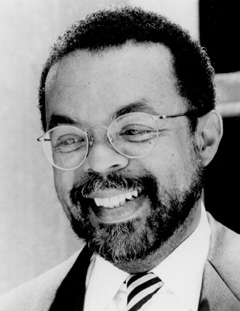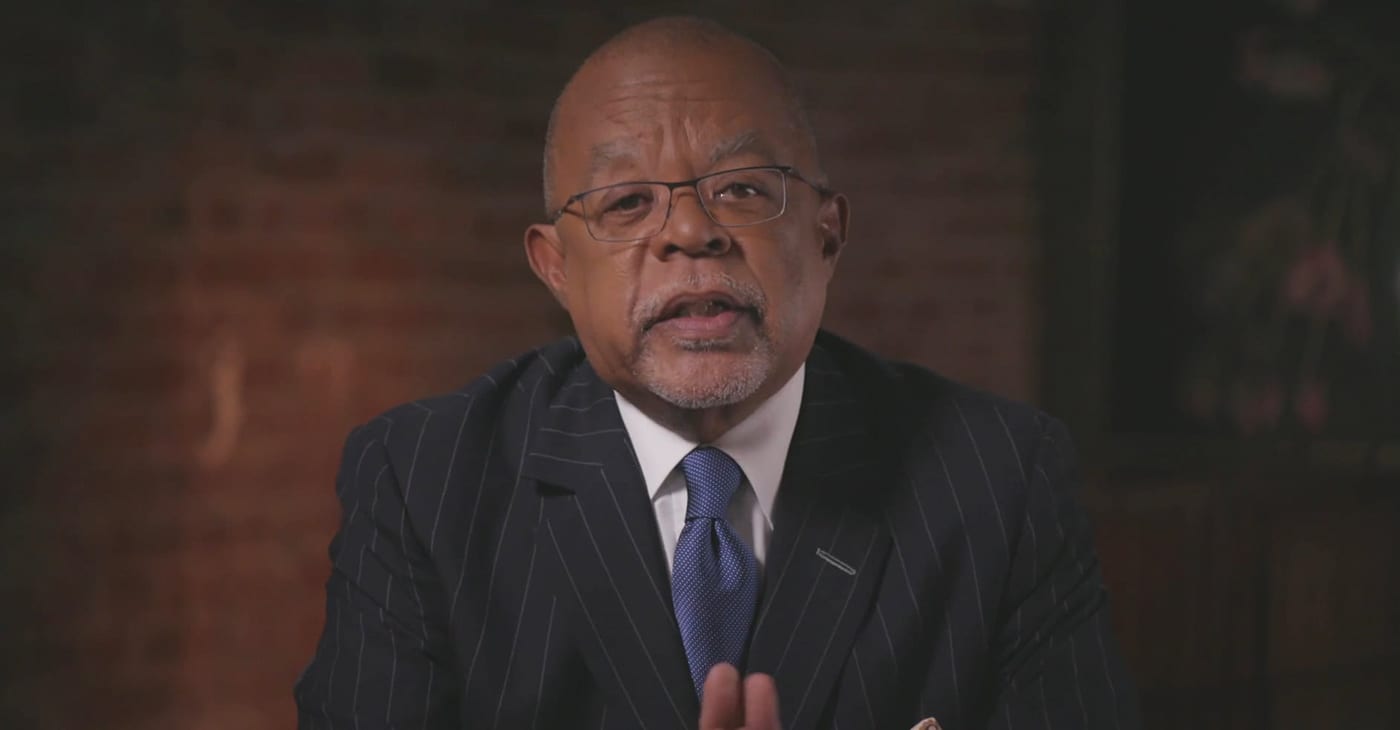

He wrote and produced several documentaries including Wonders of the African World, America Beyond the Color Line, and African American Lives. Du Bois Institute for African and African-American Research at the university. In 1991, he became the head of the African-American studies department at Harvard University. He has written numerous books including Colored People: A Memoir, A Chronology of African-American History, The Future of the Race, Black Literature and Literary Theory, and The Signifying Monkey: Towards a Theory of Afro-American Literary Criticism. He republished the 1859 work by Harriet E.

He rediscovered what is believed to be the first novel published by an African-American in the United States. He began working on the Black Periodical Literature Project, which uncovered lost literary works published in 1800s. He is a leading scholar of African-American literature, history, and culture. from Clare College, which is part of the University of Cambridge in 1979. He received a degree in history from Yale University in 1973 and a Ph.D. was born on September 16, 1950, in Keyser, West Virginia. If one had to identify the single most influential shaping force in modern Black literary history, one would probably have to point to Wright and the publication of "Native Son, "his first and most successful novel.- from the Preface by Henry Louis Gates, Jr.

He also became, with the publication of "Native Son"alone, the first internationally celebrated Black American author. Primarily through the success of "Native Son"and "Black Boy, " Wright was able to support, for two decades, a comfortable life for himself and his family in Paris. Of the numerous achievements that distinguish Richard Wright's place in the history of American literature, perhaps none is more important than the fact that he was the first African-American writer to sustain himself professionally from his writings alone. Richard Wright(1908 - 1960)Of the numerous achievements that distinguish Richard Wright's place in the history of American literature, perhaps none is more important than the fact that he was the first African-American writer to sustain himself prof.


 0 kommentar(er)
0 kommentar(er)
